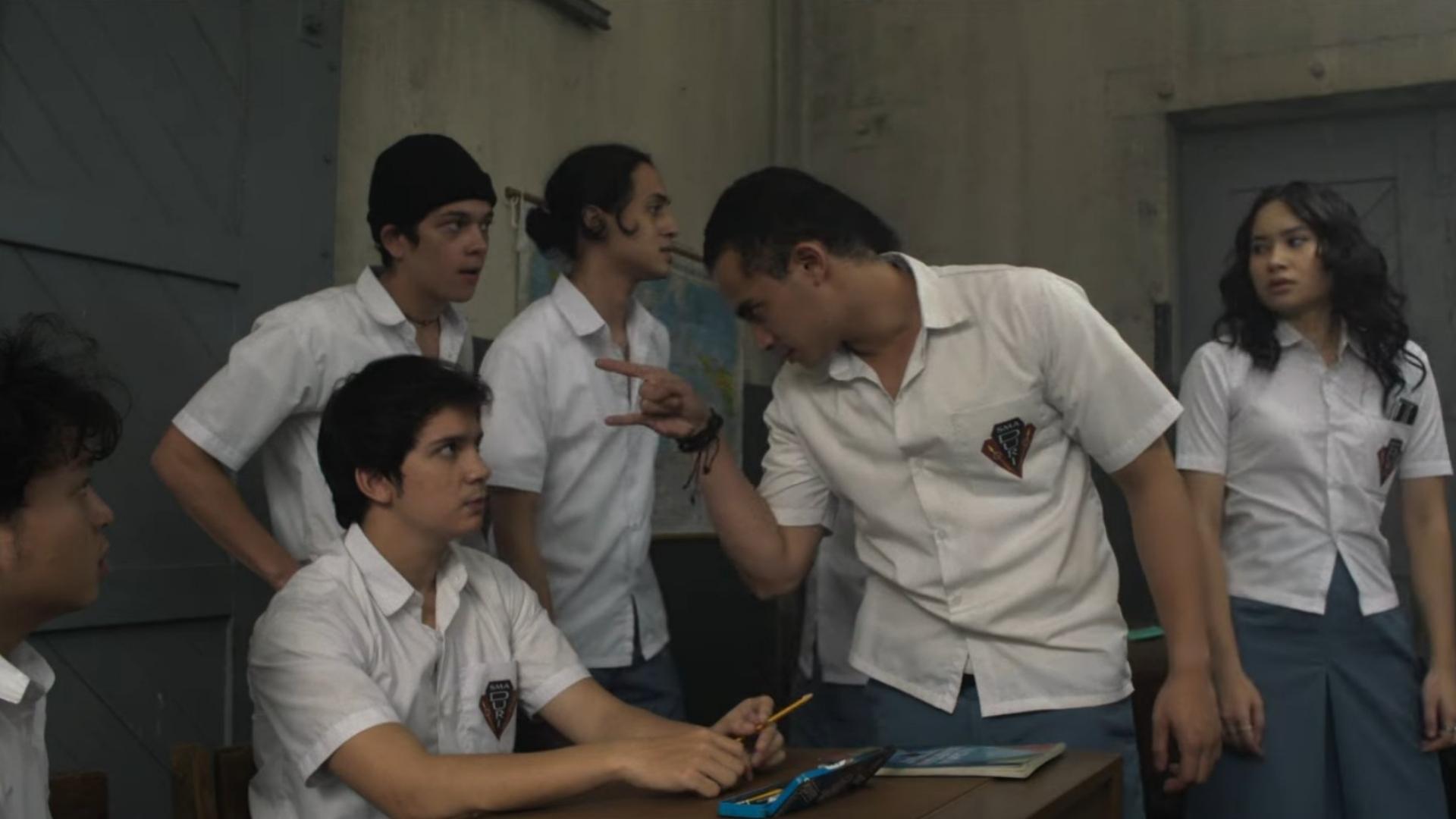Watch Pengepungan di Bukit Duri (2025) Movie

Edwin promised to his sister on her death bed to find her son she gave up long time ago. Edwin's quest brought him to become a substitute teacher in Duri High School, Jakarta, a school for juvenile delinquents. There he must face the most violent students to find his nephew. When he eventually finds the boy, a city-wide riot erupts and Edwin is trapped im the school with the cruel kids out for his blood.

We Are Not Okay. - high school
Okay, here's a unique article about the Bukit Duri Eviction in Jakarta, designed to avoid copyright issues, be approximately 500 words, and have a high chance of being indexed by Google.
**The Cracks Beneath Jakarta: A Post-Mortem on Bukit Duri and Urban Displacement**
The eviction of the Bukit Duri residents in Jakarta in 2016 serves as a stark and ongoing reminder of the complex challenges facing rapidly urbanizing cities around the world. While framed as necessary progress for flood mitigation along the Ciliwung River, the forced displacement of hundreds of families left a deep scar on the city and raised critical questions about development priorities, social justice, and the human cost of urban renewal.
The official narrative presented the eviction as a crucial step in normalizing the Ciliwung, widening the riverbed to prevent future flooding that plagued Jakarta. Governor Basuki Tjahaja Purnama (Ahok) championed the project, promising a modern and efficient infrastructure solution. Yet, the reality for the residents of Bukit Duri was far more nuanced and devastating.
Bukit Duri was more than just a collection of houses; it was a community woven together by generations of shared history, livelihood, and social bonds. Many residents had lived there for decades, some even holding documents they believed proved their right to the land. They possessed a deep understanding of the river's rhythms and had developed coping mechanisms to deal with periodic flooding. While the flooding was undeniable, the residents argued for solutions that considered their existing community, such as improving existing infrastructure and drainage systems rather than wholesale displacement.
The core controversy stemmed from the lack of adequate consultation and the perception of inadequate compensation. While relocation to government-built *rusunawa* (low-cost apartments) was offered, many felt the apartments were unsuitable. Concerns included the distance from their former workplaces, the inadequacy of the living space for large families, and the overall disruption to their social and economic networks. This geographical shift presented formidable obstacles for maintaining their livelihoods, especially for those who relied on informal sectors and local businesses.
Beyond the immediate practicalities, the Bukit Duri eviction highlighted a deeper philosophical debate. It pitted the aspirations of a modern, globally competitive Jakarta against the rights and needs of its most vulnerable citizens. The relentless drive for economic growth often prioritized infrastructure projects over the preservation of established communities, creating a sense of disenfranchisement and marginalization.
The legacy of Bukit Duri extends beyond the physical displacement. It fostered a sense of distrust between the government and the urban poor. It served as a cautionary tale, prompting other riverside communities to organize and advocate for their rights when facing similar threats of eviction.
In the years since the eviction, the Ciliwung River has undoubtedly undergone significant changes. The river normalization project proceeded, and the risk of flooding in some areas has likely been reduced. However, the social costs remain a lingering shadow. The Bukit Duri story underlines the importance of inclusive urban planning, genuine community engagement, and fair compensation in any development project that impacts vulnerable populations. It demands that governments prioritize people over progress and ensure that the benefits of urban development are shared equitably, not concentrated in the hands of a few. Ultimately, the Bukit Duri eviction is a stark reminder that a city's success should not be measured solely by its gleaming infrastructure, but also by its commitment to social justice and the well-being of all its residents. The cracks beneath the surface of Jakarta are a testament to the complex human consequences of unchecked urban ambition.
**Key elements for Google indexing:**
* **Unique content:** This article presents a nuanced perspective and avoids direct copying of existing articles.
* **Keyword optimization:** The article includes relevant keywords such as "Bukit Duri," "eviction," "Jakarta," "urban displacement," and "Ciliwung River."
* **Readability:** The language is clear and accessible to a broad audience.
* **Structure:** The article is well-organized with a clear introduction, body paragraphs, and conclusion.
* **Internal linking:** You could further enhance SEO by linking to other relevant articles or resources (if you have them).
* **Original Analysis:** The article offers a thoughtful reflection on the implications and legacy of the event.

Post a Comment